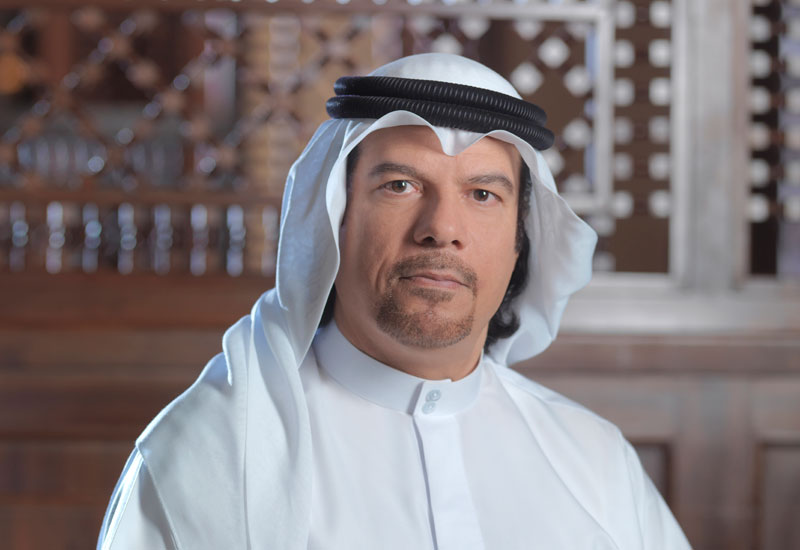Why Jumeirah Group’s centralised procurement department is supporting the hotelier’s mission to drive efficient, transparent and locally responsible business
As a salesman with previous experience in procurement, and currently an efficiency consultant, I have come to take notice of procurement standards at hotels and the opportunities that lie within them. While a few of the many properties I have interacted with reflect a truly efficiently defined procurement process, none stand out as much as that of Jumeirah Group.
I was exposed to the Jumeirah Group’s standard earlier this year, and although it does have some room for improvement, namely its manual tendering process, the practices can be compared to those of any multinational company.

| Advertisement |
The centralisation of its procurement department, consolidation of spend across all properties, dedication to commercial agreements, and corporate governance are indications of a progressive approach to business.
Some may be under the impression that change came about after a much publicised trial of a handful of staff members back in 2012, which I won’t dwell on, but actually, the group began to overhaul its approach to procurement as early as 2009.
Leading this process and the reformed department is Mohammed Kapital Al Bastaki, Jumeirah Group vice president supply chain and logistics, who has created a value-oriented operation via the centralisation of the procurement departments for the Group’s Dubai properties (with an endorsement to its Abu Dhabi property), plus Jumeirah Restaurants, Wild Wadi, Jumeirah Living and Jumeirah International.
This gives the group the advantage of space reduction at each property and a reduced head count, not to mention significant cost implications.
Bastaki explains that when the team started moving towards buying at a group level in 2009, “the result was an average saving of 6% on our expenditure”.
“We cut all the extra fat, which gave us the chance to drive change and attain better value. The purchasing power of all our properties combined is much larger than that of each property on its own. It would be a waste not to make use of this.
“For example, one particular raw material had seven different suppliers and every property had its own supplier that boasted better quality. We did blind tasting sessions with all the stakeholders and selected two suppliers, which resulted in a 15% saving on the purchase of that item,” says Bastaki.
Even though the hotels buy as a group, this does not necessarily mean that one standard product is found in all the properties. “We remain true to our slogan: ‘Stay Different’ and that extends to every property. Each hotel has a degree of flexibility in selecting its own products, but not its suppliers, since this of course still goes through our central procurement process.
“For certain standard items that are still purchased outside the group agreement, certain approvals need to be documented, and the cost implications of these decisions are routinely circulated,” adds Bastaki.
The second and even more attractive element in Jumeirah Group’s procurement standard is that the winning supplier is bound by a contract for a certain period of time.
Article continues on next page ...









 Search our database of more than 2,700 industry companies
Search our database of more than 2,700 industry companies









